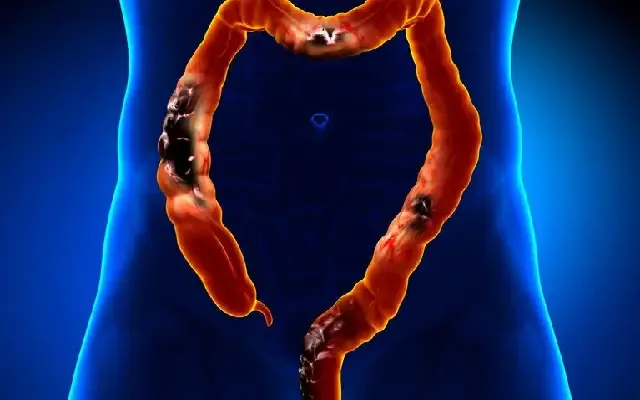
Alarming Surge in Early-Onset Bowel Cancer: What You Need to Know!
2024-12-15
Author: Mei
A recent study published in *The Lancet* has sparked global concern by revealing a distressing rise in early-onset bowel cancer among individuals aged 25 to 49. The increase is particularly pronounced in England, making it a pressing public health issue. This alarming trend highlights the urgent need for awareness and lifestyle adjustments.
Bowel cancer, which affects the large intestine (both the colon and rectum), remains the third most prevalent cancer in the UK. Symptoms to watch out for include significant changes in bowel habits, the presence of blood in stools, abdominal pain, and unintended weight loss. Research indicates that high consumption of red and processed meats, combined with a low intake of dietary fiber, contributes significantly to the heightened risk of developing this type of cancer, especially in Western countries.
Several lifestyle factors have been pinpointed as major culprits behind this worrying increase. Poor dietary choices—particularly the consumption of ultra-processed foods—alongside obesity and physical inactivity, are leading contributors to the rising bowel cancer cases.
Take Action Now: Key Preventive Measures Against Bowel Cancer
1. **Boost Your Fiber Intake**: Foods rich in fiber, such as leafy greens, whole grains, beans, and lentils, not only promote digestive health but can also dramatically lower your risk of bowel cancer.
2. **Stay Hydrated**: Aim to drink 6-8 glasses of water daily. Hydration helps flush toxins from the digestive system, reducing the risk of cancer.
3. **Exercise Regularly**: A sedentary lifestyle significantly increases cancer risk. Engaging in regular physical activity can help combat this.
4. **Manage Your Weight**: Obesity is a known risk factor for bowel cancer. Maintaining a healthy weight through balanced nutrition and exercise is crucial for cancer prevention.
5. **Eliminate Smoking and Limit Alcohol**: Both smoking and high alcohol consumption have been linked to higher rates of bowel cancer. Reducing or completely eliminating these habits provides protective benefits.
In addition to these lifestyle modifications, early detection is pivotal. Routine screenings can make a monumental difference in survival rates, especially for individuals with a family history of bowel cancer. By taking proactive measures through healthy living and regular checkups, you can significantly diminish your risk of this life-threatening disease.
With the rising rates of early-onset bowel cancer, it is imperative to stay informed and act now. Your health could depend on it!


 Brasil (PT)
Brasil (PT)
 Canada (EN)
Canada (EN)
 Chile (ES)
Chile (ES)
 España (ES)
España (ES)
 France (FR)
France (FR)
 Hong Kong (EN)
Hong Kong (EN)
 Italia (IT)
Italia (IT)
 日本 (JA)
日本 (JA)
 Magyarország (HU)
Magyarország (HU)
 Norge (NO)
Norge (NO)
 Polska (PL)
Polska (PL)
 Schweiz (DE)
Schweiz (DE)
 Singapore (EN)
Singapore (EN)
 Sverige (SV)
Sverige (SV)
 Suomi (FI)
Suomi (FI)
 Türkiye (TR)
Türkiye (TR)